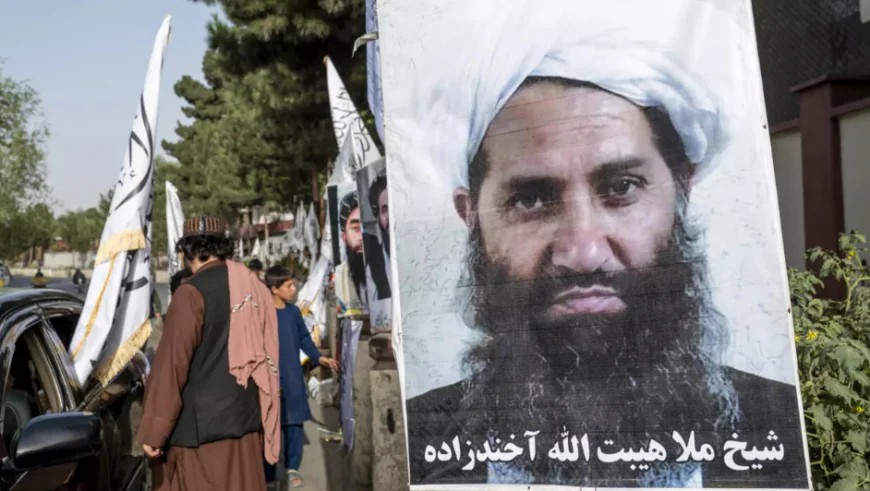ICC Issues Arrest Warrants for Taliban Leaders Over Gender Apartheid in Afghanistan

The International Criminal Court (ICC) issued arrest warrants on Tuesday for two top Taliban leaders. They face charges of crimes against humanity linked to the ongoing persecution of women and girls in Afghanistan.
ICC judges stated there are enough reasons to believe that Taliban Supreme Leader Hibatullah Akhundzada and Chief Justice Abdul Hakim Haqqani are responsible for targeting women based on gender. They pointed to widespread violations of women’s and girls’ rights under Taliban control.
The court emphasized that, although the Taliban have set certain rules for all citizens, they have focused specifically on women and girls. This has resulted in the loss of key rights and freedoms for females in Afghanistan.
The ICC detailed several alleged violations. These include severe limits on education, privacy, and family life. Restrictions also extend to freedom of movement, speech, thought, belief, and religion. The court highlighted persecution related to gender identity and sexuality, which the Taliban consider incompatible with their policies.
The crimes are said to have taken place since August 15, 2021, when the Taliban reclaimed power in Kabul. The period of concern extends at least to January 20, 2025.
The ICC, based in The Hague, manages cases involving serious international crimes such as war crimes, genocide, and crimes against humanity. It has no police force but relies on member countries to carry out arrests. Not all countries have fully cooperated.
After they regained power, the Taliban promised a more moderate approach than during their previous rule from 1996 to 2001. Yet, they moved quickly to impose strict limits on women’s rights. Many groups, including the United Nations, have called their policies “gender apartheid.”
Women and girls are banned from secondary and university education. They cannot work in many jobs or visit public places like parks, gyms, or salons. Women need a male guardian to travel and are silenced in public expressions like poetry and singing. Laws aimed at morality have also silenced many female voices.
Earlier this year, ICC prosecutor Karim Khan requested the arrest warrants. He warned that Afghan women, girls, and LGBTQ people face ongoing, severe persecution.
Khan said, “Our actions show that the current situation for women and girls in Afghanistan is unacceptable.” He added more warrants might be issued for other Taliban officials soon.


